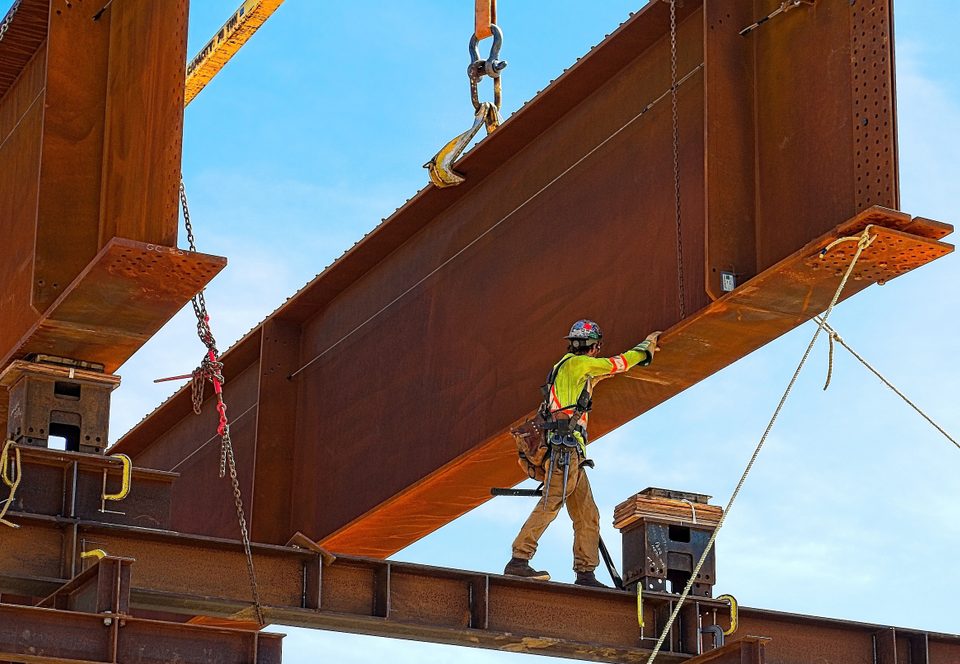Importance and Requirements of Magnetic Steel

Tempering Steel Process and Uses
November 25, 2018
Learning About Stainless Steel Classes
December 5, 2018At Wasatch Steel, one of the more common questions we get when providing our clients with high-quality stainless steel services is this: Will my steel be magnetic? Some people believe all stainless steel is non-magnetic, while others think that because it has iron in it, it must be magnetic. What’s the real answer?
Well, it depends. Some kinds of stainless steel are indeed magnetic, while others are not. Why does this matter and what are the factors that determine whether your stainless steel is magnetic? Here’s a quick look.
Why Magnetism Matters
Magnetism can have a massive effect on how a given steel performs within a given application. Think about it: If part of your processes with steel involves sorting it from other materials, one material being magnetic can be enormously helpful. On the flip side, though, welding or other fabrication processes can be a lot more difficult or even impossible with magnetic metals, and electrical currents may behave differently as well.
Magnetism Requirements
There are two essential requirements that dictate when a stainless steel is magnetic:
- The stainless steel must contain iron
- The stainless steel must have a ferritic or martensitic crystal structure
Naturally, all stainless steels contain iron as part of their composition. However, not all stainless steels have this crystal structure – there are many that are primarily composed of an austenite structure, and these stainless steels will not be magnetic.
Types of Magnetic Stainless Steel
There are a few common types of stainless steel that are generally magnetic in nature:
- Martensitic stainless steel: Grades 410, 420 and 440, plus others, of martensitic stainless steel are generally magnetic. Martensitic steels have a unique crystal structure that makes them ferromagnetic when iron is present, which as we discussed above is the case for all stainless steel.
- Ferritic stainless steel: Ferritic stainless steels are so named due to their high levels of ferrite, which is a compound of iron and other elements. The combination of this crystal structure with this iron makes grades like 409, 430 and 439 highly magnetic. Some of these steels won’t have quite as strong a magnetic pull as standard carbon steel, though.
- Duplex stainless steel: These are steels that contain both austenite and ferrite, the latter of which makes them magnetic in grades like 2205. But due to their austenite, they are generally a bit less magnetic.
- Austenitic: As we noted above, most austenitic stainless steels are non-magnetic due to their austenite quantity. However, special thermal treatment or work-hardening formats can change the crystal structure of austenitic steel, allowing ferrite to form in certain locations and creating small amounts of magnetism.
For more on whether or not your stainless steel will be magnetic, or to learn about any of our steel services, speak to the staff at Wasatch Steel today.



